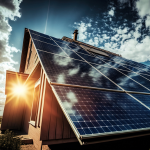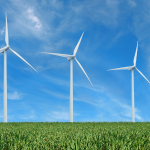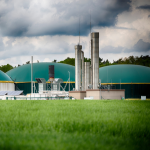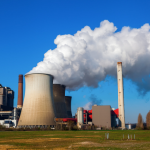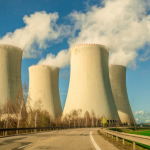Learn Everything About Clean Energy & More!
Check out our free energy glossaries and learn everything related to yoga!
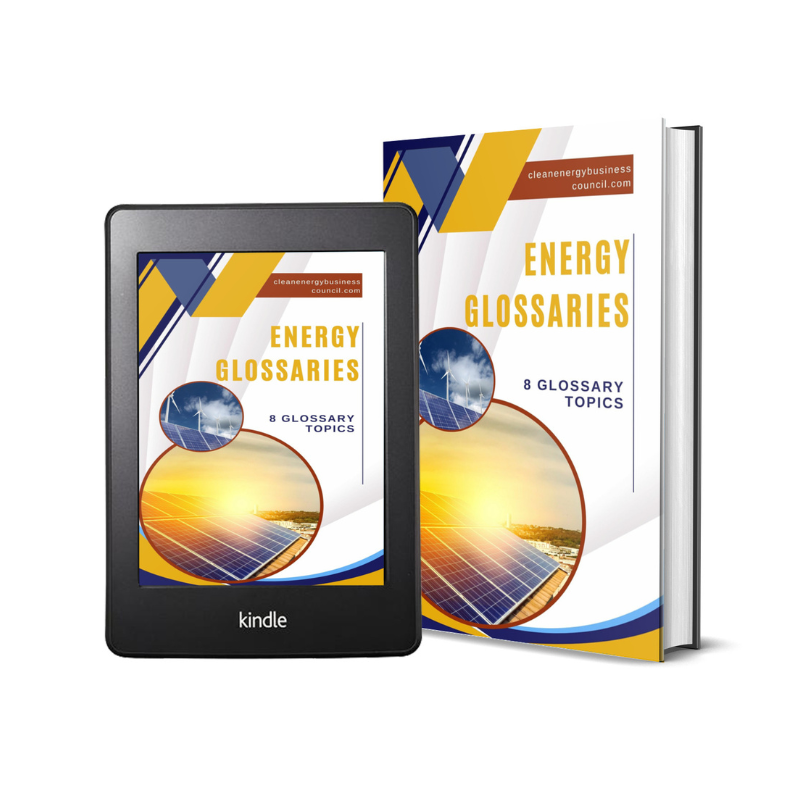
Energy Glossaries
Some Recent Energy Glossary Articles
Biomass Energy Environmental Benefits – Definition & Detailed Explanation – Biomass Energy Glossary Terms
I. What is Biomass Energy? Biomass energy is a renewable energy source that is derived from organic materials such as plants, wood, agricultural residues, and waste. These organic materials are burned or converted into biofuels to produce heat, electricity, or transportation fuels. Biomass energy is considered a renewable energy source because the organic materials used … Read more
Battery Commercialization – Definition & Detailed Explanation – Battery Technology Glossary Terms
I. What is Battery Commercialization? Battery commercialization refers to the process of bringing battery technology from the research and development stage to the market. This involves scaling up production, optimizing performance, and making the technology cost-effective for widespread adoption. The goal of battery commercialization is to make energy storage solutions more accessible and affordable for … Read more
Anemometer – Definition & Detailed Explanation – Wind Energy Glossary Terms
I. What is an Anemometer? An anemometer is a device used to measure the speed and direction of the wind. It is an essential tool in meteorology, as it provides valuable data for weather forecasting, aviation, and environmental monitoring. The word “anemometer” is derived from the Greek word “anemos,” meaning wind, and “metron,” meaning measure. … Read more
Capacity Factor – Definition & Detailed Explanation – Wind Energy Glossary Terms
I. What is Capacity Factor? Capacity factor is a crucial metric used in the energy industry to measure the efficiency of a power plant or energy generation system. It is defined as the ratio of the actual output of a power plant to its maximum potential output if it were to operate at full capacity … Read more
Nuclear Plant Decommissioning – Definition & Detailed Explanation – Nuclear Energy Glossary Terms
I. What is Nuclear Plant Decommissioning? Nuclear plant decommissioning is the process of permanently shutting down a nuclear power plant and safely removing it from service. This involves dismantling the plant’s structures, systems, and components, as well as managing and disposing of radioactive waste. Decommissioning is necessary once a nuclear plant reaches the end of … Read more
Geothermal Steam – Definition & Detailed Explanation – Geothermal Energy Glossary Terms
I. What is Geothermal Steam? Geothermal steam is a type of steam that is produced from the Earth’s natural heat. It is created when water seeps into the ground and comes into contact with hot rocks beneath the Earth’s surface. The heat from these rocks causes the water to boil and turn into steam. This … Read more
Biopower – Definition & Detailed Explanation – Biomass Energy Glossary Terms
I. What is Biopower? Biopower, also known as bioenergy, is a form of renewable energy that is generated from organic materials, such as plants, agricultural residues, and animal waste. These organic materials are converted into electricity, heat, or transportation fuels through various processes, such as combustion, gasification, and anaerobic digestion. Biopower is considered a sustainable … Read more
Wind Resource Overlapping – Definition & Detailed Explanation – Wind Energy Glossary Terms
I. What is Wind Resource Overlapping? Wind resource overlapping refers to the phenomenon where multiple wind turbines in close proximity to each other experience similar wind conditions. This can lead to a decrease in the overall efficiency of wind energy production as the turbines may be competing for the same wind resource. In essence, wind … Read more
Hydropower Environmental Impact Assessment (EIA) – Definition & Detailed Explanation – Hydroelectric Power Glossary Terms
I. What is Hydropower Environmental Impact Assessment (EIA)? Hydropower Environmental Impact Assessment (EIA) is a process that evaluates the potential environmental effects of a proposed hydropower project before it is implemented. The purpose of the EIA is to identify and assess the potential impacts on the environment, as well as to propose measures to mitigate … Read more
Maximum System Voltage – Definition & Detailed Explanation – Solar Energy Glossary Terms
I. What is Maximum System Voltage? Maximum system voltage refers to the highest voltage that a solar energy system can safely handle without causing damage to the system components. This voltage is crucial in determining the overall safety and efficiency of a solar energy system. It is important to note that maximum system voltage is … Read more
